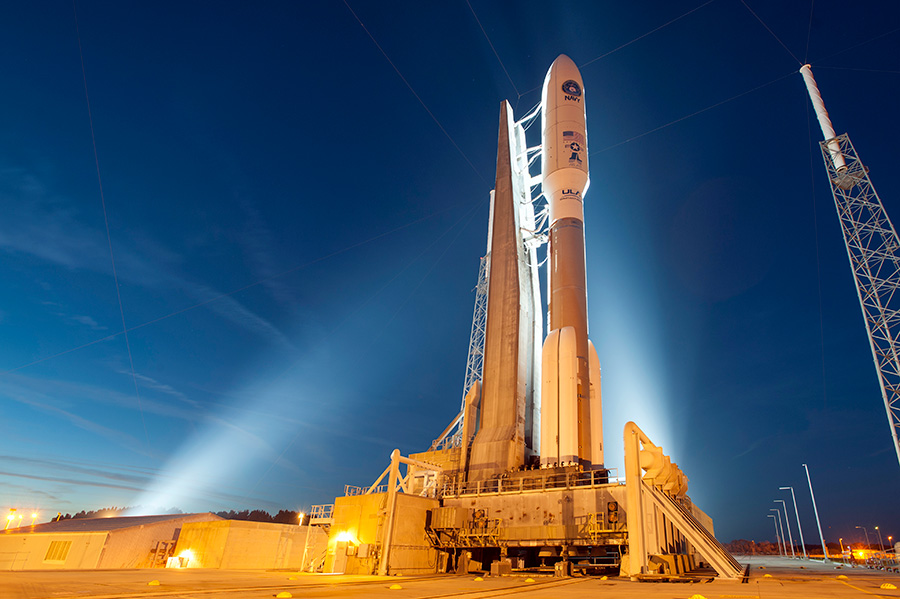Chances are, you have heard of a rocket launch “scrubbing” before. You may have even thought that it seems to happen frequently. But what does a scrub really mean? Find out why launches may scrub and what it takes to give the GO for launch.
What is a “scrub”?
What exactly does the term “scrub” mean? In this clip from the Kennedy Space Center Bus Tour, Charlie Blackwell-Thompson, the first female Launch Director, explains that term and what it means for the launch team.
Why do rockets scrub?
Launching a rocket is not easy. Years of work goes into each mission leading up to launch day. Launch control operations for NASA, SpaceX and United Launch Alliance will always err on the side of caution when launching a vehicle into space. They are even more cautious when they launch a crew, understandably so. Here are some of the reasons teams may hold a launch:
- Inclement weather, such as thunderstorms, strong upper winds or cold temperatures.
- Technical concerns with the rocket, spacecraft, payload or ground systems. If any of the sensors detect an abnormality, the launch will be “held” to investigate any issues.
- Nature. A woodpecker once caused a shuttle launch delay after pecking over 200 holes in the external fuel tank. Hear the story from astronaut Don Thomas!
- Airplanes and boats if they cruise within the determined safety range of the rocket.
Delays may occur days, weeks or months in advance, but a scrub can also be called moments before liftoff.

Who decides to scrub a launch?
All launch decisions are made by the team managing the specific mission, such as NASA, SpaceX or United Launch Alliance. Kennedy Space Center Visitor Complex does not make any launch decisions, but will keep our guests updated as soon as we hear information about the progress of the launch.
How is a new date selected?
New dates are mainly determined by the time needed to fix the problem, the turnaround procedures and/or the positioning of the destination of the spacecraft or payload. Factors like the rotation of Earth or other planets are considered when selecting a new date or time depending on the mission. For example, when the mission is a resupply of International Space Station (ISS), they must calculate the ISS’s position in orbit for a successful rendezvous with the spacecraft. When a launch is placed on hold, the launch operations team will determine what actions are required for the specific scenario of the mission. Each situation is different.
Rocket Launch Viewing from the Visitor Complex
Watching a rocket launch is a bucket list experience and the visitor complex knows how special liftoff is. While scrubs are always a possibility, coming to Kennedy Space Center Visitor Complex for a launch will always be memorable. Whether the rocket launches or delays, explore all of the exhibits the visitor complex has to offer. Learn about what is happening now with NASA and the commercial partners while marveling in the long history and promising future of America’s space program.
SEE A LAUNCH
Image Credit: SpaceX and ULA




